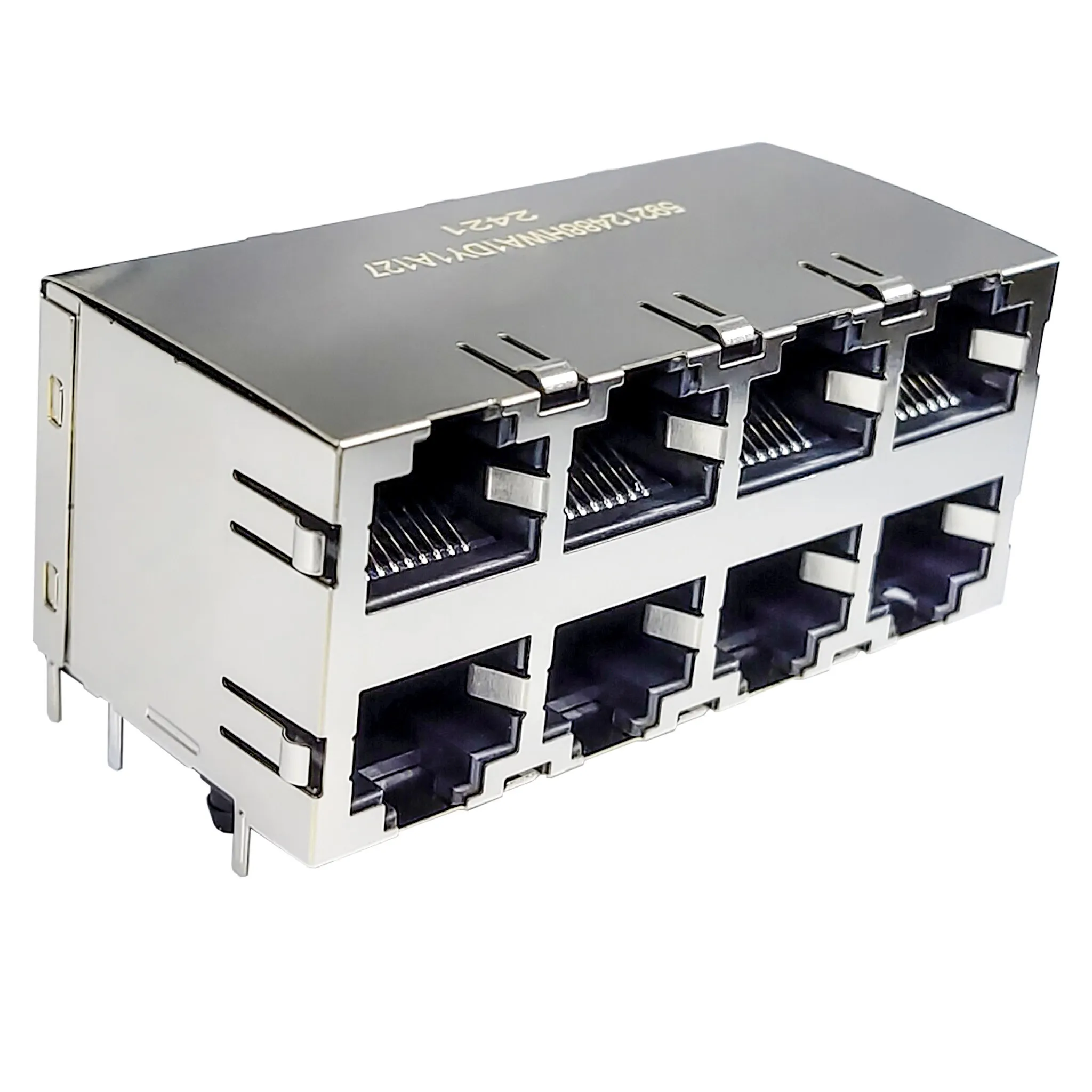Differences Between RJ45 and Other Connector Types
Hey Anna! Let’s dive into the world of connectors, specifically focusing on RJ45 connectors and how they stack up against some other types you might come across. It’s all about understanding what each connector does and when to use them.
What’s an RJ45 Connector?
So, RJ45 connectors are those little plugs you often see for Ethernet cables. They have eight pins and are mainly used for connecting devices in networks. You’ll find them in setups like local area networks (LANs) and internet connections. They can handle speeds from 10 Mbps all the way up to 10 Gbps, which is pretty impressive!
Bob Pease, a well-known engineer, once said, “The only thing that really matters is how it works in the real world.” That’s the essence of RJ45—its practical application in everyday networking.
RJ45 vs. Other Connectors
- RJ11 Connectors
First up, we have RJ11 connectors. These are mostly used for telephone lines. They’re smaller and typically have two or four pins. This means they can’t handle the same data speeds as RJ45. While RJ45 is great for high-speed internet, RJ11 is mainly for voice calls. So if you’re thinking about VoIP, stick with RJ45.
- USB Connectors
Next, let’s talk about USB connectors. You see these everywhere, connecting keyboards, mice, and printers. USB is fantastic because it can transfer data and power. But unlike RJ45, it’s not really designed for networking. RJ45 is all about data communication, especially for networks.
- Fiber Optic Connectors
Now, onto fiber optic connectors. These guys are the heavyweights when it comes to data transmission over long distances. They use light signals instead of electrical ones, which means they can handle way more bandwidth without losing quality. If you’re setting up a backbone for a large network, fiber optics might be the way to go, but for most local setups, RJ45 is still the champ.
A thought from the industry: “The future is in fiber optics. It’s the way to connect the world.” Pretty visionary, right?
- HDMI Connectors
Let’s not forget about HDMI connectors. These are mainly for high-definition video and audio, like when you connect your laptop to a TV. They carry both audio and video signals, which makes them essential for multimedia setups. However, they don’t do what RJ45 does in terms of networking. So, it’s apples and oranges.
- Coaxial Connectors
Finally, we have coaxial connectors, commonly used for cable TV and some internet connections. They work by transmitting signals over a single copper wire. While they can be used for internet, they don’t match RJ45’s versatility and speed for reliable data transfer.
Summarize
So, understanding the differences between RJ45 and other connectors is key to making smart decisions in networking. Each connector has its strengths and specific uses. As technology keeps evolving, it’s important to know when to use what to ensure you have the best performance.
Remember what Nikola Tesla said: “The present is theirs; the future, for which I really worked, is mine.” Choosing the right connector, like the trusty RJ45, can help us build a future where communication is seamless and effective. If you have any questions, just let me know!
To find products and services more accurately, please try entering keywords for search.
For more product and service content, please contact us and send an email to sales@dimud.com.
We sincerely look forward to connecting with you!


